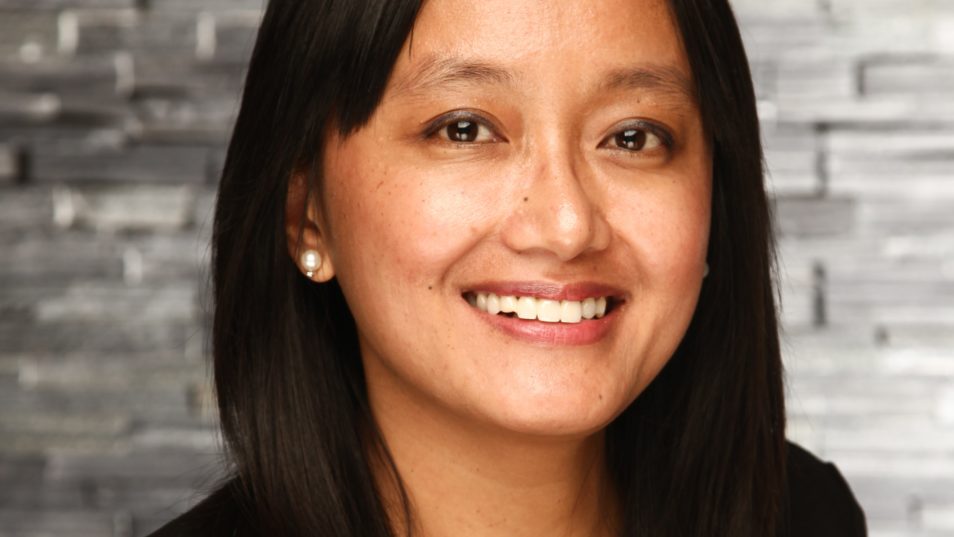Interview with Energy Startup-Investor Matchmaker
 © Karyn Stoess
© Karyn Stoess
DWIH: The startups :agile sponsors are multinational. What do American or international energy startups need to understand about the German startup scene if they are considering expanding into the market?
Stoess: One of the biggest fears of expanding or setting up business in other countries is the idea that there are extensive language barriers that would prevent seamless integration or cause more problems than opportunities, but nothing could be further from the truth. Germany is Europe’s most populated country with open borders to all its 27 European members and strong international relationships for business. As a result German startups are mainly English-speaking, allowing for faster and easier integration into Germany’s startup ecosystem.

"Startups that can best adapt to different norms and focus on deeply understanding the German market and customer are most likely to succeed."Karyn Stoess
However, when launching a product into a new market, it is key to not make assumptions about the customer. German customers have a different background, collective experience, living conditions, buying behavior, etc. Additionally, data protection is a huge issue in European countries and there are strict regulations in the market. Startups that can best adapt to different norms and focus on deeply understanding the German market and customer are most likely to succeed.
DWIH: You work in an interesting space between a major electrical service provider and a startup accelerator/incubator & seed investor. Those seem like two pretty different approaches to energy solutions. Why is E.ON interested in energy startups?
Stoess: The magic is the combination of those two completely different approaches. Startups can profit from E.ON’s huge network in the energy world and its expertise. On the other hand, through our accelerator/incubator & seed invest program, E.ON gets exposed to new innovations and business models being developed in the startup scene. Thereby we get E.ON to stay up-to-date, don’t miss-out on new innovations and even enable startup pilots and POCs (proof of concepts) within our business units. This is our contribution to our collective goal as a company to bring the biggest value and a broad product spectrum to our customers, starting with smart energy networks, innovative customer solutions, smart buildings, E-mobility, etc.
DWIH: In 1998 Germans began being able to freely select their energy provider instead of being assigned one based on location. What major changes in Germany—like this one—have influenced how energy companies do business?
Stoess: This major change that you mentioned was a good thing—not just for customers. The consequence of that, though, is that there is increased competition as more and more providers enter the market. E.ON’s challenge is to be ahead of the competition. There are many ways to achieve that, and our part is to work together with startups in order to constantly improve our existing product and services range. The “Energiewende” is also another major change that is affecting the energy market. Policies aim for Germany to become a leader in the shift to 100% renewable energy sources with a strong focus on sustainability, which is again a new opportunity.
DWIH: Have you faced challenges as a woman in the startup and energy scenes in Germany? What advice do you have for other women in this field?
Stoess: Yes, indeed there are more men than women in the energy sector, and there are only a limited number of female entrepreneurs in the field of energy. The biggest challenge that I’ve personally had is in not being able to get my point across because I am continuously being cut off by men – mid-sentence – in discussions. It’s probably something unconscious, especially since there are not a lot of women around. I am also small in stature, and my voice is not loud enough. But I also noticed that this has changed over time. Now I am more able to get my views through. Thus, my advice for women in this field is to have patience and endurance, to not give up, show your strength, show the good things you do, and don’t be shy to show your capabilities. Because once they hear what you have to say (and it makes sense), it will be ok. You overcome prejudices, and by working together you can convince them that gender doesn’t play a role in having expertise. I would love to see more female entrepreneurs in the energy sector and beyond!
